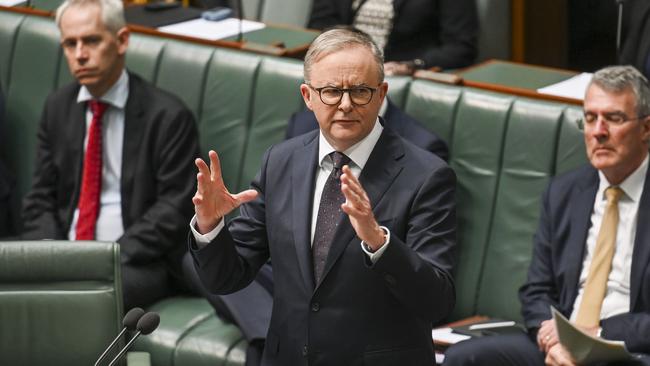
Anthony Albanese’s suggestion that the business of politics was over now that parliament’s work had been done is wishful thinking.
If the spirited debate in the Senate is any guide, deepening divisions will persist.
The opposition will continue to exploit the uncertainty and lack of public comprehension of the voice and its functions, as it did on Monday when peppering Indigenous Affairs Minister Linda Burney with questions about what policy areas the voice would not cover.
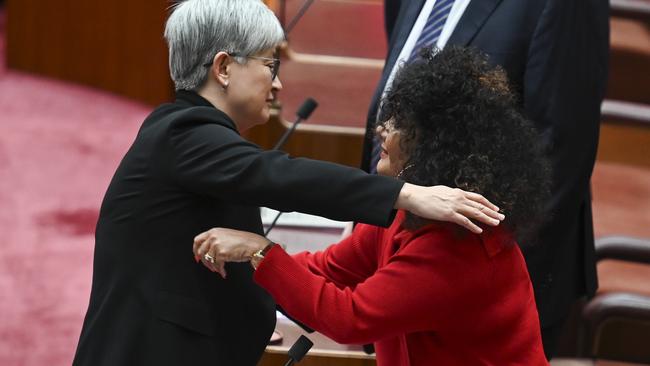
The reality is that the hard politics will only deepen from here, with both camps now re-arming for a three-month campaign.
The public polling to date suggests support for the Yes case is soft at best and so far, shy of a majority. If the referendum were to be held this weekend the chances of a positive outcome appear slim.
The question for Anthony Albanese will be at what stage is he forced into a rethink if public support continues to ebb.
The Prime Minister says he not for turning on. He is “all in”.
He believes the mood will shift in the Yes campaign’s favour once voters turn their minds to it, which he says won’t happen until a month before the vote.
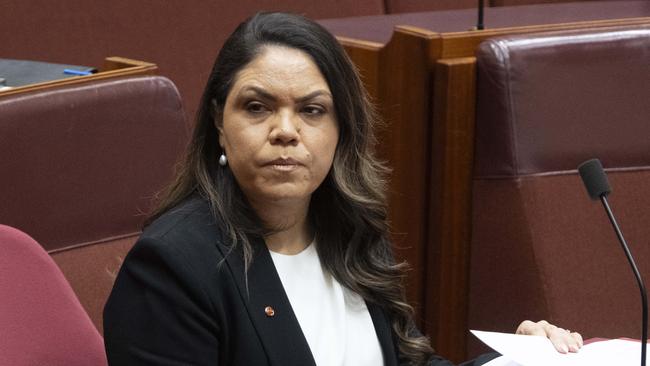
But the political pressure on Albanese in the meantime will intensify unless the Yes campaign looks to be making up ground.
Albanese argues that a failed referendum will risk putting back the cause of reconciliation and risk international embarrassment for the nation. A catastrophic moment for Australia, he suggests.
But if failure indeed appears likely the closer the date, then Albanese will have no choice but to consider whether to pull the referendum, delay it or carve out the voice to parliament and go with constitutional recognition only.
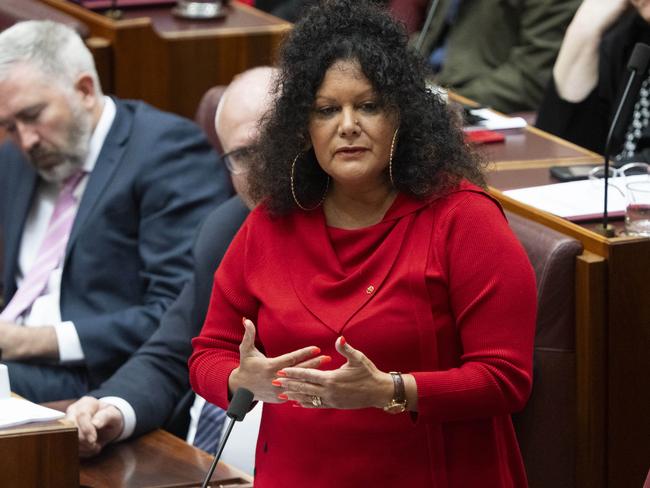
Peter Dutton will argue that it would be irresponsible to push ahead with a vote, knowing it would likely fail, with all the consequences that Albanese has pointed to.
The Opposition Leader argues that on the question of Indigenous recognition in the Constitution alone, a referendum would likely succeed with an overwhelming majority.
It would give Labor its 1967 moment. And Albanese would be applauded for it.
And this is where the Coalition and the No campaign are likely to try to steer the debate over the coming days and weeks – that Albanese now has a moral responsibility to ensure that he doesn’t doom the referendum to failure.
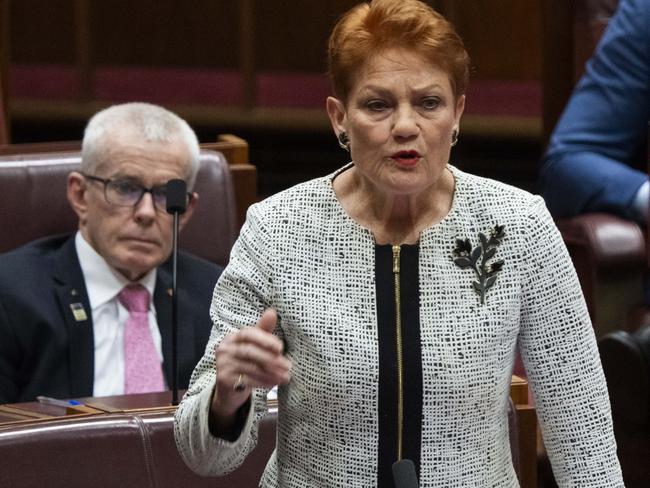
It is a dangerous assumption to make that there will be political advantage for Labor if the referendum fails and that the blame alone would fall to Dutton.
There is now deep political risk for Albanese as well.
Blaming the Coalition for undermining the cause will be a futile pursuit if Albanese is successfully portrayed as having had a clear chance to prevent the catastrophe he warns of, but failed to do so.


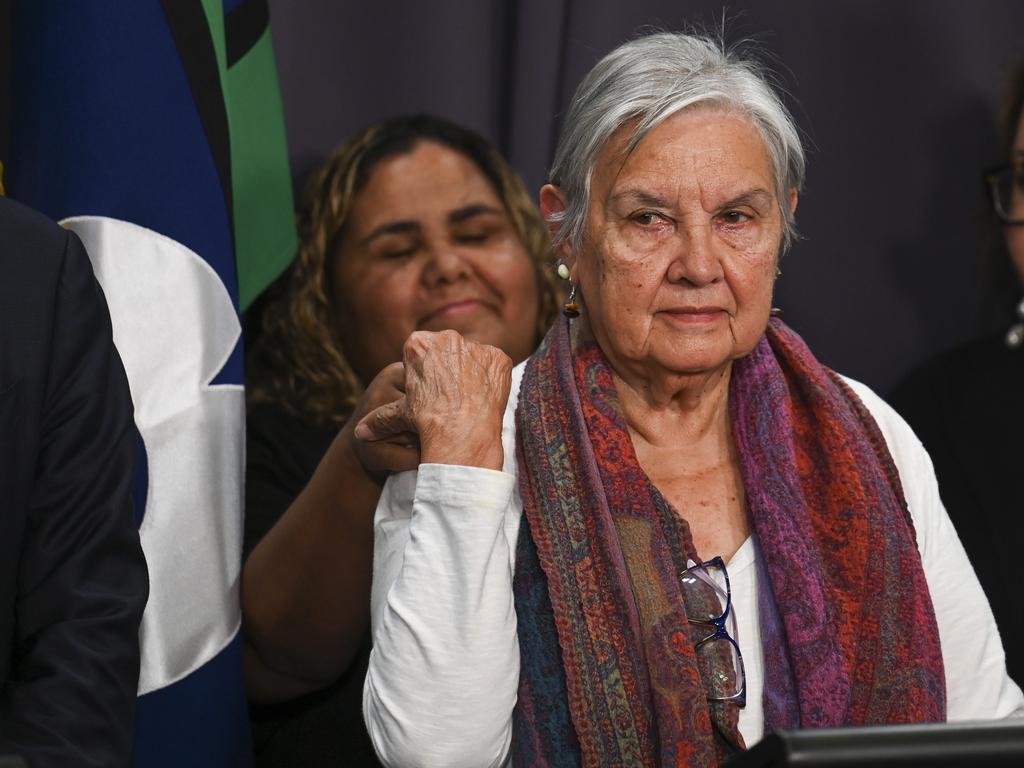





The stage is set for a likely October referendum on constitutional recognition and an Indigenous voice to parliament and executive government. But while the final legislative hurdle may have been cleared with the referendum bill passing the Senate on Monday, the obstacles to its success are considerable and are at risk of becoming entrenched.